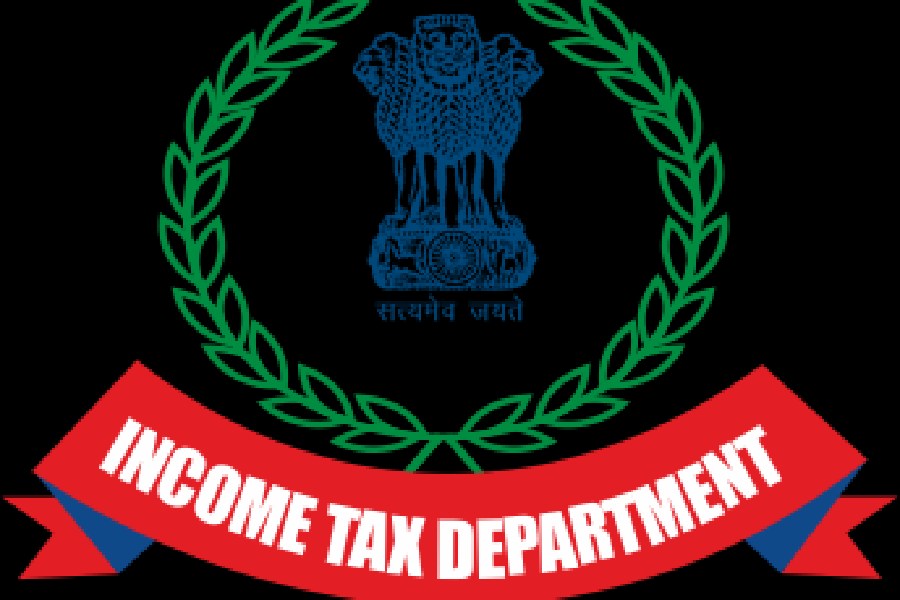The proposed changes in the provisions for angel tax will benefit start-ups as they are expected to generate greater interest from global institutional private equity and venture capital investors.
The Central Board of Direct Taxes has decided to change Rule 11U of Income Tax Rules associated with angel tax following representations by industry to widen the methodology to value unquoted shares, allow for forex fluctuations and exclude a certain class of non-resident investors from the tax.
Section 56(2)(viii) of the Income Tax Act states if the consideration for the issue of shares exceeds fair market value, it will be chargeable to income tax under the head ‘‘income from other sources’’.
This was inserted through Finance Act 2012 to prevent the generation and circulation of unaccounted money through the share premium received from resident investors in closely held companies.
Through the amendments in Finance Act 2023, the government decided to bring in non-resident investors within the ambit of Section 56(2)(vii). In an already uncertain global economy, overseas investors became more cautious about their exposures.
“After this amendment, detailed interactions have been held with stakeholders. Based on the inputs, Rule 11UA for the valuation of shares for section 56(2)(vii) of the Act is proposed to be modified and notifications of entities to which the said provision shall not apply are also being issued separately,” a CBDT statement said.
Rule 11 U prescribes two valuation methods for shares — discounted cash flow and net asset value for resident investors.
The government has now decided to introduce five more methods for non-resident investors, in addition to the above two, without specifying them. To account for forex fluctuations and variations in other economic indicators, the government has also decided to provide a 10 per cent variation in their value.
The non-resident entities proposed to be excluded from the ambit of this tax are the government and government-related investors such as central banks, sovereign wealth funds (SWFs), and international or multilateral organisations or agencies. These include entities controlled by the government or where its ownership is 75 per cent or more.











